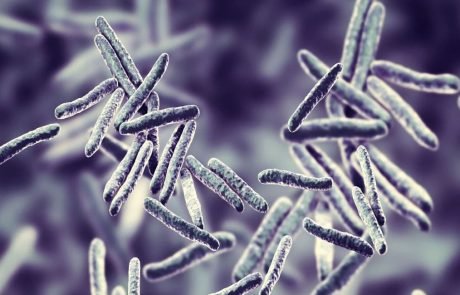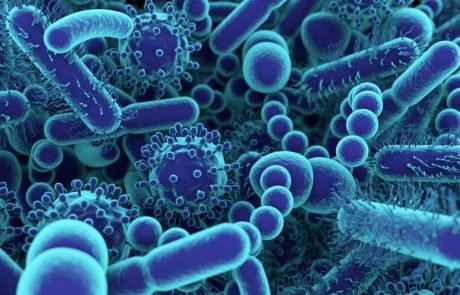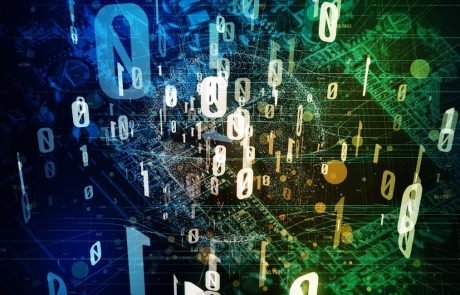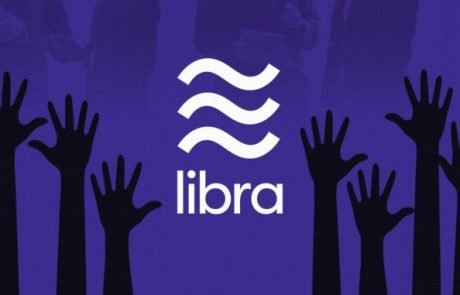Scientists are using machine learning techniques to sift through millions of molecules in search of effective new antibiotics. In a new paper published on 20 February in the journal Cell,
All posts in Big Data
Identifying optimal crop rotation strategies could improve long-term yields and reduce pesticide use, according to a new paper published on 16 January in PLOS Computational Biology (1). The authors used
A new large-scale analysis published on 9 January in Global Change Biology has revealed that plant life is increasing across the Himalayas, one of the fastest-warming regions in the world
Scientists are using machine learning to map microbial communities in the human body. Two new papers published this week in PLOS One and Science provide some incredible insights into the
A new study estimates that more than 600 million people could face the threat of coastal flooding by the end of the century in a worst-case scenario (1). And the
Google’s quantum computer is nearly 1.5 trillion times faster than existing supercomputers, according to a new paper published on 23 October in Nature (1). The paper — officially released just
A new study published on 21 August in Nature attempts to answer the baffling question of how online hate groups manage to thrive on social media platforms. The results could
Major fishing activities are currently focused on ecologically important shark hotspots around the world, according to a new study published on 24 July in Nature (1). Using a big-data approach,
Libra, Social Credit, Doconomy… Are science and technology re-inventing currency?
While rumours persist about an unprecedented economic crisis, not a day that goes by that we do not hear about a new means of payment or new currencies. While we
This article is the second part of a piece by Marc Rameaux about modern agriculture and its relationship with artificial intelligence. 1. A very different kind of AI for agriculture









